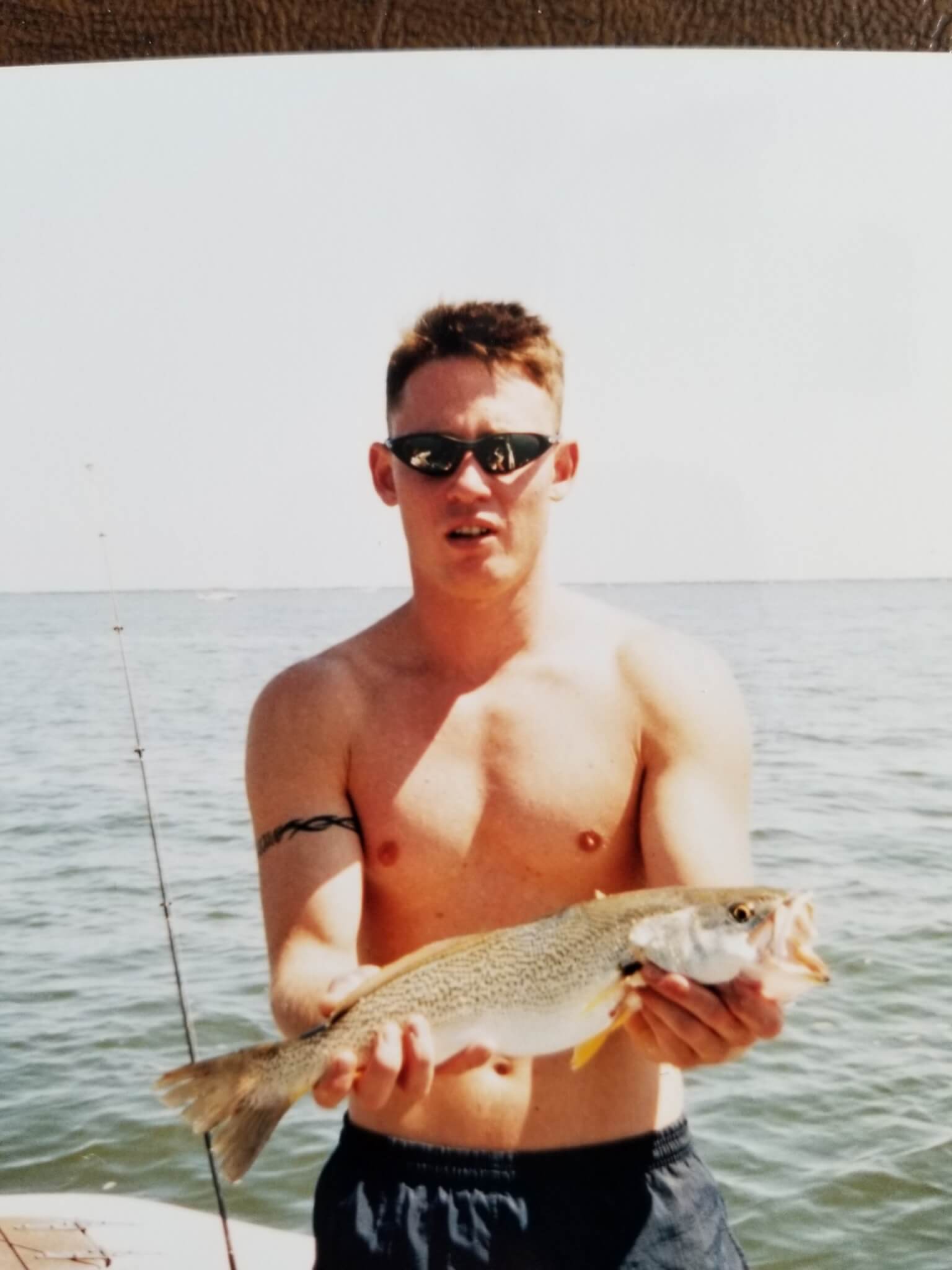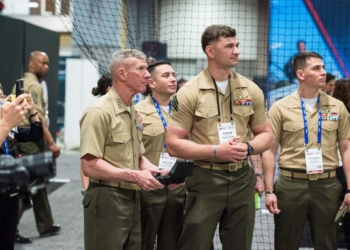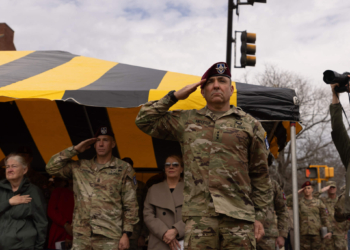The first time John Cruise III and Steve Turner discovered they shared a connection beyond fishing, they were surprisingly not on the Atlantic Ocean.
Turner booked Cruise’s company, Pelagic Hunter Sportfishing, for a charter, and as they fished for mahi, the talk flowed freely. During the course of their conversation, they learned something else.
Cruise and Turner are Marines.
“He was very assertive and very structured and very good at what he did, and that aligned perfectly with me,’’ Turner said.
Cruise, a major at Camp Lejeune, is in his 22nd year of military service. For 12 of those years, he has run a small charter-boat business that caught the largest fish at the renowned Big Rock Blue Marlin Tournament earlier this year in North Carolina.
Cruise captained a 35T Contender boat that hauled in a 495.2-pound marlin.
“I’ve had a lot of opportunities to build this business and to continue to work and to transition toward retirement,’’ Cruise said. “But there are challenges that come with that. The Marine Corps job is my main effort. It’s my most important job.’’
Related: Cruise reels in $200,000 in prizes in North Carolina tournament.
Cruise, 47, got a late start as a Marine.
The Toms River, New Jersey-native moved to Florida and tried his hand at roofing, fixing cars and being a handyman. He studied to become a mason but realized that wasn’t his calling.
Cruise enlisted when he was 25 years old.
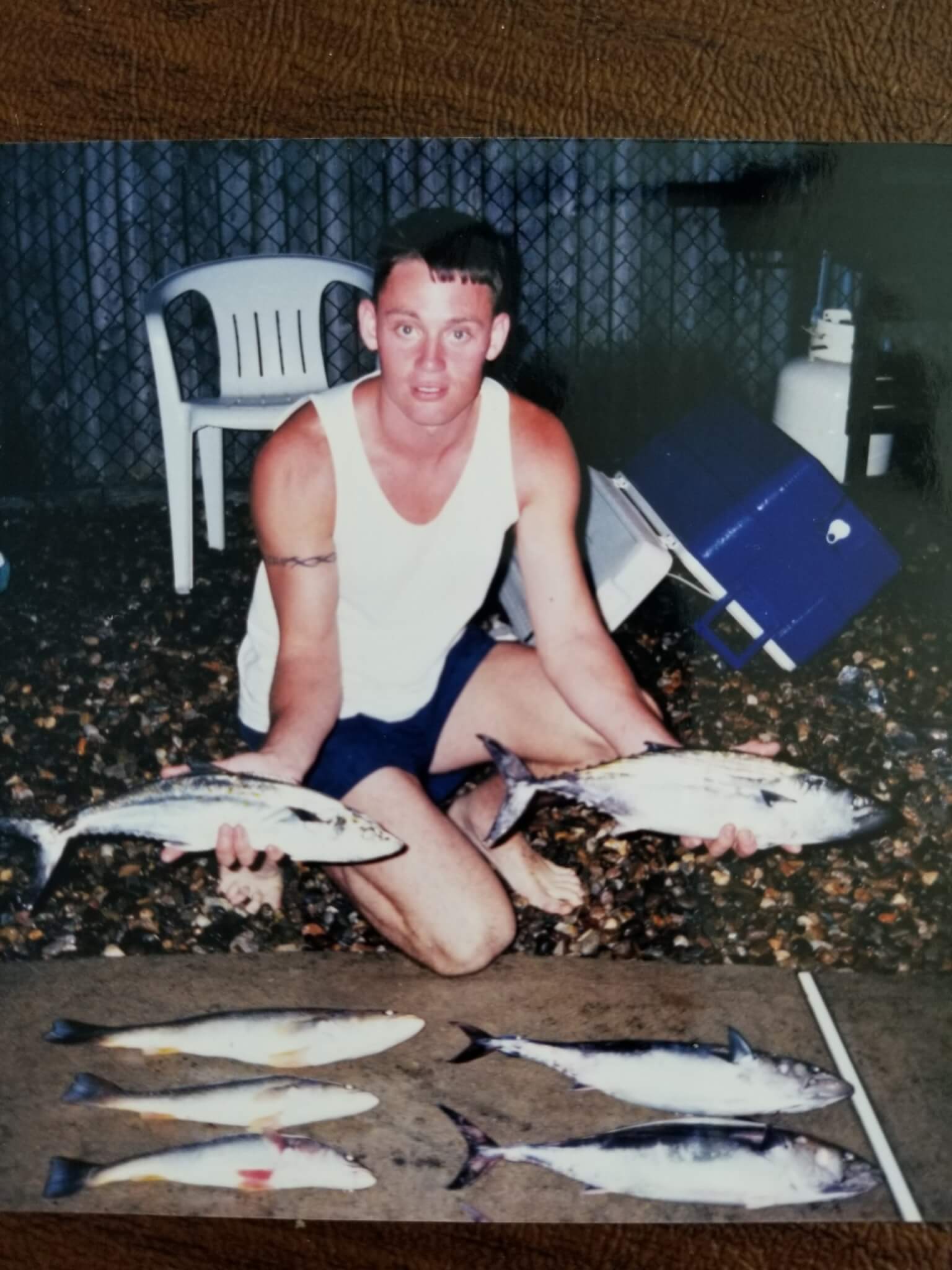
“I was trying to get him into the Marine Corps when he was 18, 19, but he wanted to do his own thing, so I just let him go,’’ John Cruise Jr., a Vietnam War veteran, said of his son. “… His drill instructor says to me, ‘Mr. Cruise, your son is like an Energizer bunny. He does not stop. I can’t keep up with him.’’’
The younger Cruise said he was a gunnery sergeant before becoming a chief warrant officer. He switched to the limited duty officer program.
Pelagic Hunter Sportfishing consists of four full-time employees, not counting Cruise or his wife, Jessica, a real-estate agent who answers calls and relays messages to her husband. Cruise tries to respond during lunchtime or on his way to and from his job at the Marines.
Two other men run charters for Cruise, including Capt. Riley Adkins.
“He’s very good at reading people, and if he wants it done, you better have it done before he walks on the boat,’’ Adkins said. “I’ve baited for him many a day, and if it is not down to the ‘T’ of what he wants, you’re going to hear about it.’’
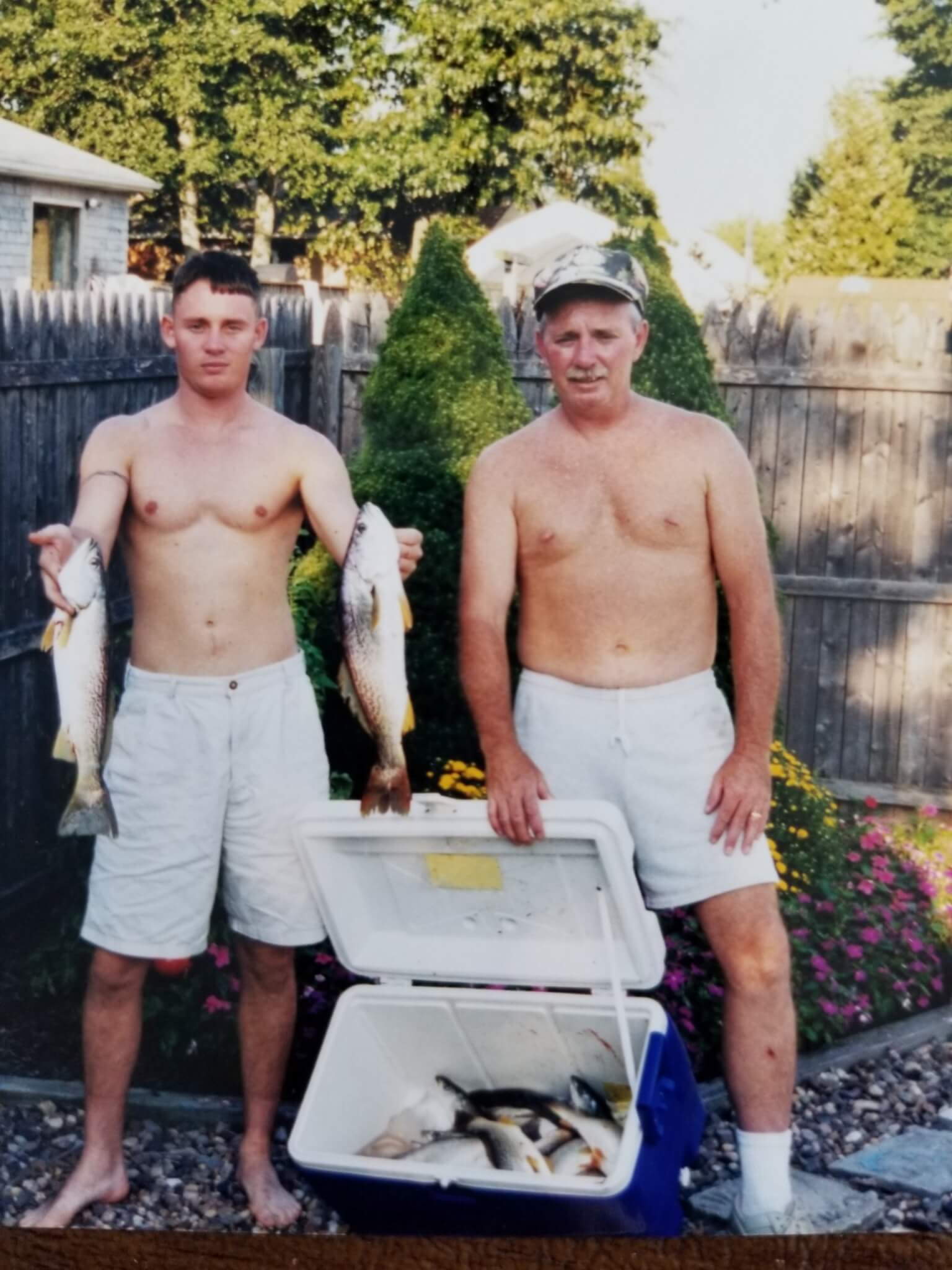
Adkins and second mate Kyle Kirkpatrick assisted Cruise during Big Rock. The size of their crew and boat (35 feet) was much smaller than most of the more than 200 other boats in the field.
“John approaches fishing, and especially tournament fishing, like nobody I have ever seen,’’ said Kirkpatrick, who served a decade in the Marines. “He approaches it and treats it just like a mission, so he does all of his planning, all of his preparation ahead of time. You can absolutely tell when you work on John Cruise’s boat that you’re working for a Marine officer. Very meticulous. Perfectionist.’’
Cruise’s father has fished his entire life, but Cruise took it a step further.
Whether it was surf fishing, freshwater fishing or fly fishing, the boy seldom returned empty-handed. It was not unusual for Cruise to call his father, breathless with excitement, alerting him to a freshly discovered hot spot.
“In his bedroom on his wall, he has nothing but tuna, because I did a lot of tuna fishing, too,’’ the elder Cruise said. “I had tuna on the wall, mahi, all kinds of different kinds of fish, and he would keep them in his bedroom on his wall, all pictures of all kinds of fish. He was a real fisherman.’’
Said his son: “We catch a lot of fish, and we have a good time doing it.’’
Stories of just how good are just below the surface.
Cruise mentions, almost matter of factly, how he has caught several bluefin tuna in the 600- to 700-pound range. One even weighed nearly 850 pounds, the largest fish Cruise said he ever caught. The day before Big Rock, John Cruise Jr. mentioned his son caught two or three swordfish, all weighing at least 150 pounds.
And despite some doubters, Turner insists Cruise’s quick thinking once helped him land an 84-pound wahoo.
“He’s a student of the ocean,’’ said Turner, who is retiring from the Marines this summer after 24 years. “That man studies the ocean harder than any human I’ve ever met — waater temperatures, water breaks, depth, species, migration, patterns, historical data.’’
Starting a business while on active duty is challenging, Cruise said.
“You have to put a lot of money and energy and effort upfront, and it took us about three solid years before we really got on our feet and started … about three years of really breaking even,’’ Cruise said.
“If you’re going to open a business, make sure you love it and you have passion for it and reach out to the people who are very successful and have done it before. Try to pick their brain to see what works the best.’’
And, most of all, evolve.
Cruise said that is crucial during the COVID-19 pandemic. He estimated more than 20 charters were canceled in April; a full-day charter can cost $1,200 or more, according to his company’s website.
“We’ll definitely have some impacts this year,’’ Cruise said. “It slowed the business down in regard to summer and some of the expectations that we were expecting for this upcoming season.’’
Business has rebounded since then, though, Cruise said.
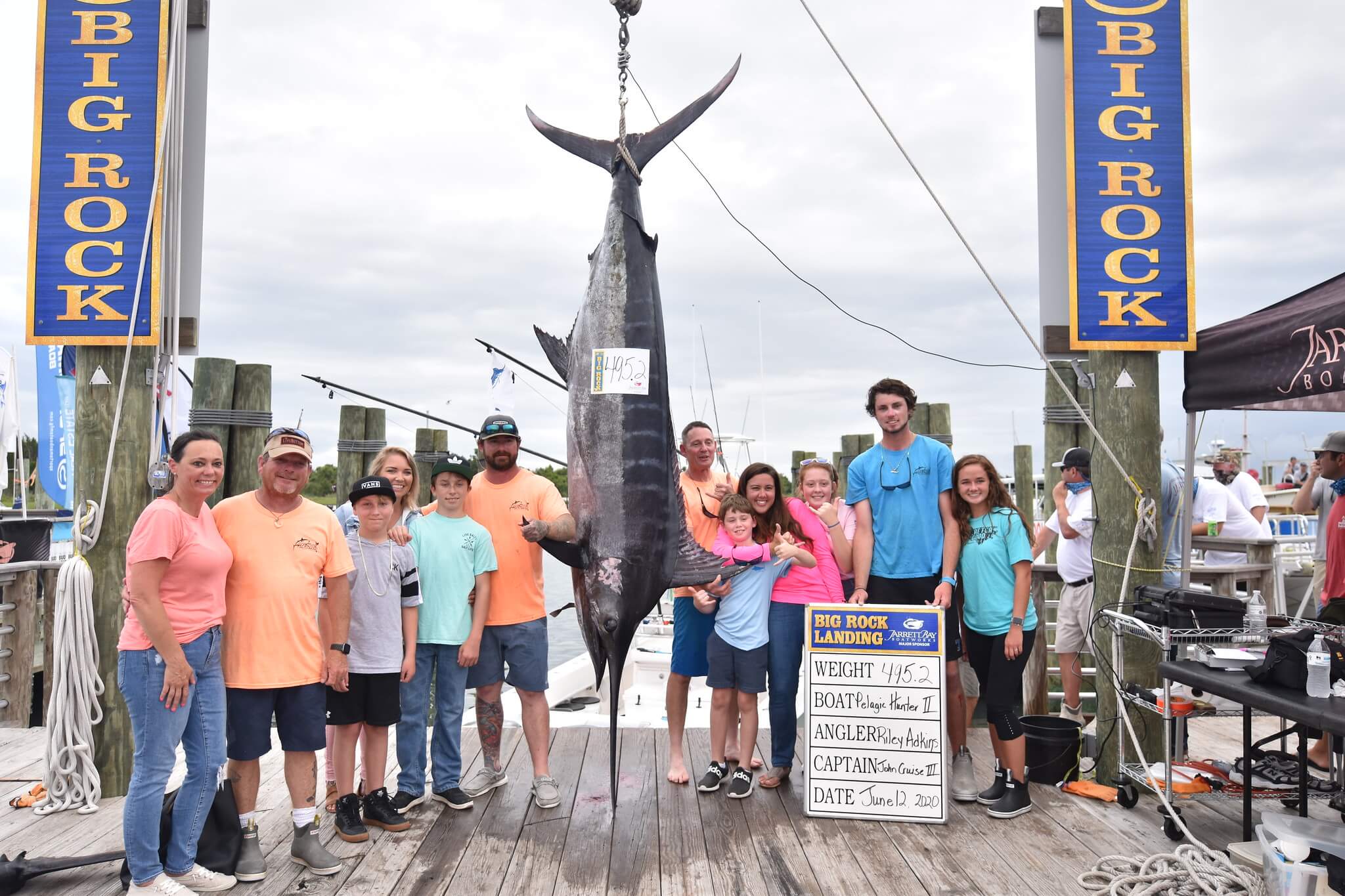
The father of three intends to retire from the military “in the next year or so,’’ thus freeing time to devote to his business and more tournaments.
Until then, there are more fish to catch.
“I have the ability to make adjustments, work hard, prepare and apply those techniques,’’ Cruise said. “I can give the same exact spread to — pick a captain — and he may never know how to apply it the way we do. You’re constantly making adjustments and changes. It’s a really cool thing to do, and I love it.’’
Follow https://www.facebook.com/PelagicHunterSportsfishing for updates on Maj. Cruise’s business, located near Camp Lejeune, North Carolina.
Read comments
